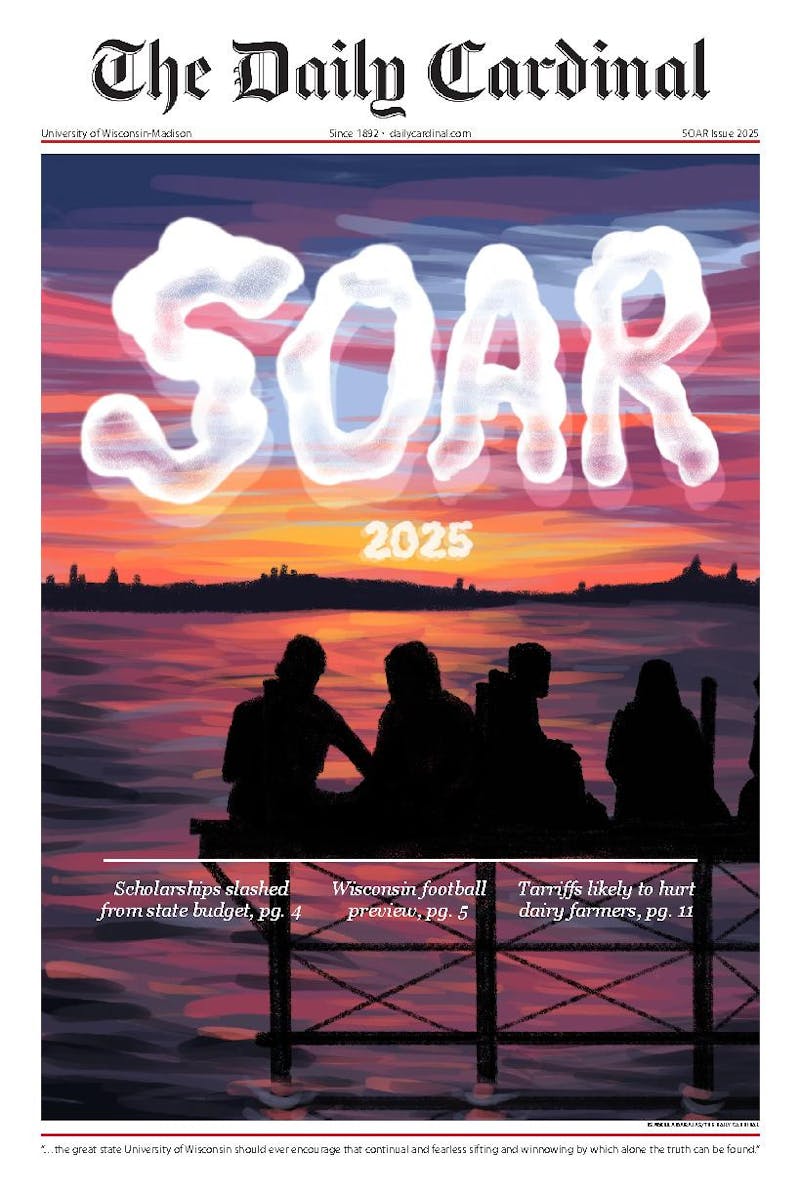More juvenile delinquents could wind up behind bars and face a greater range of punishments under a bill approved Tuesday by the state Senate, amid controversy surrounding the state’s youth prison.
Sponsored by Sen. Leah Vukmir, R-Brookfield, the legislation comes at a time when Wisconsin’s correctional institutions are already overcrowded and the sole juvenile detention center in the state is under investigations for negligence and reports of physical abuse.
The first bill in the series could increase the sentence handed down to juvenile inmates by removing the three-year maximum sentence for attempting or committing serious crimes, including homicide and sexual assault.
There is currently one facility in Wisconsin that handles the state’s delinquent youth — Lincoln Hills, a juvenile prison in Irma. Originally one of three similar institutions, it became the sole center after the Walker administration shutdown the other facilities in an effort to reduce state expenditures.
Lincoln Hills is currently under investigation by the Department of Corrections for incidents of negligence concerning its failure to document and report cases of injury or assault within the prison, including misconduct involving the overuse of pepper spray and also improper restraining measures.
The second bill eliminates the court’s ability to order future expungement, or deletion, of an offender’s record if they were sentenced before they turned 25. Instead, the offender could petition the court after a full year of completing their sentence.
This would make the process easier for released offenders — particularly juveniles — as their ability to plea for expungement is not determined solely at the moment of their sentencing.
The third bill would require the Department of Corrections to recommend revoking an offender’s parole, probation, or extended supervision if the subject is charged with a crime during that interval.
The Department of Corrections estimates that this
The fourth bill would require a five-year minimum sentence for repeat offenders for a range of crimes, from misdemeanors to serious offenses.
The fifth and final proposal would mandate a minimum three-year sentence for offenders who illegally possess a firearm during their probationary, parole or supervisory period.
Prison populations in Wisconsin have been on the rise since 2008, and are expected to reach a record high in 2019. Critics note that the






